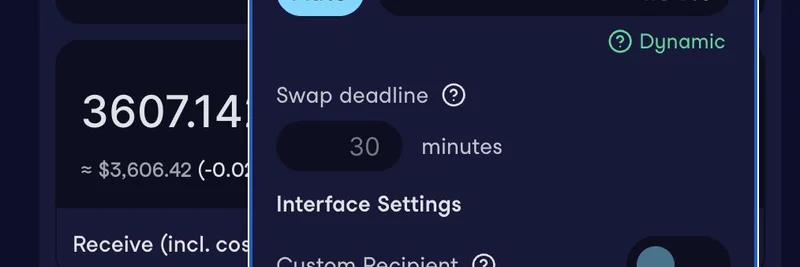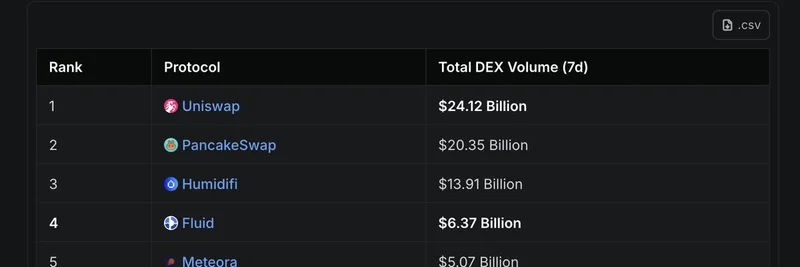CoW Swap, the popular decentralized exchange known for its MEV protection, just dropped a feature that's got the crypto community buzzing. In a recent tweet from their official account, they announced the launch of partial approvals for market orders. This means users can now approve only the exact amount of tokens needed for a swap or permit, ditching the old habit of giving unlimited access to their funds.
For those new to DeFi, approvals are like giving permission to a smart contract to spend your tokens. Traditionally, many DEXs require "max approvals," which essentially hands over infinite spending rights. That's handy for convenience but risky—if a contract gets compromised, hackers could drain your wallet. Partial approvals fix that by limiting the permission to just what's necessary for the transaction.
The tweet highlights this upgrade with a screenshot of the updated interface, where you can toggle "Enable partial approvals." It's a simple switch that keeps the user experience smooth while adding an extra layer of control. As CoW Swap puts it, "No more max approvals (unless you want them). More control, same smooooooth UX."
This is particularly huge for meme token traders. Meme coins like those on Solana or Ethereum often involve quick, high-volume swaps on DEXs. With their wild price swings and the constant threat of rug pulls or exploits, minimizing exposure is key. CoW Swap's MEV Blocker already shields users from front-running and sandwich attacks, and now partial approvals add another shield against approval-based hacks.
The community response in the thread is mostly positive, with users praising the build and one even asking why it's not on by default. It's a fair question—perhaps to give power users the option for max approvals in complex scenarios. If you're diving into meme token trading, features like this make CoW Swap a solid choice over riskier platforms.
Head over to CoW Swap to try it out, and keep an eye on updates from @CoWSwap on X for more DeFi innovations. This move not only enhances security but also aligns with the growing demand for user-centric tools in the blockchain space.


